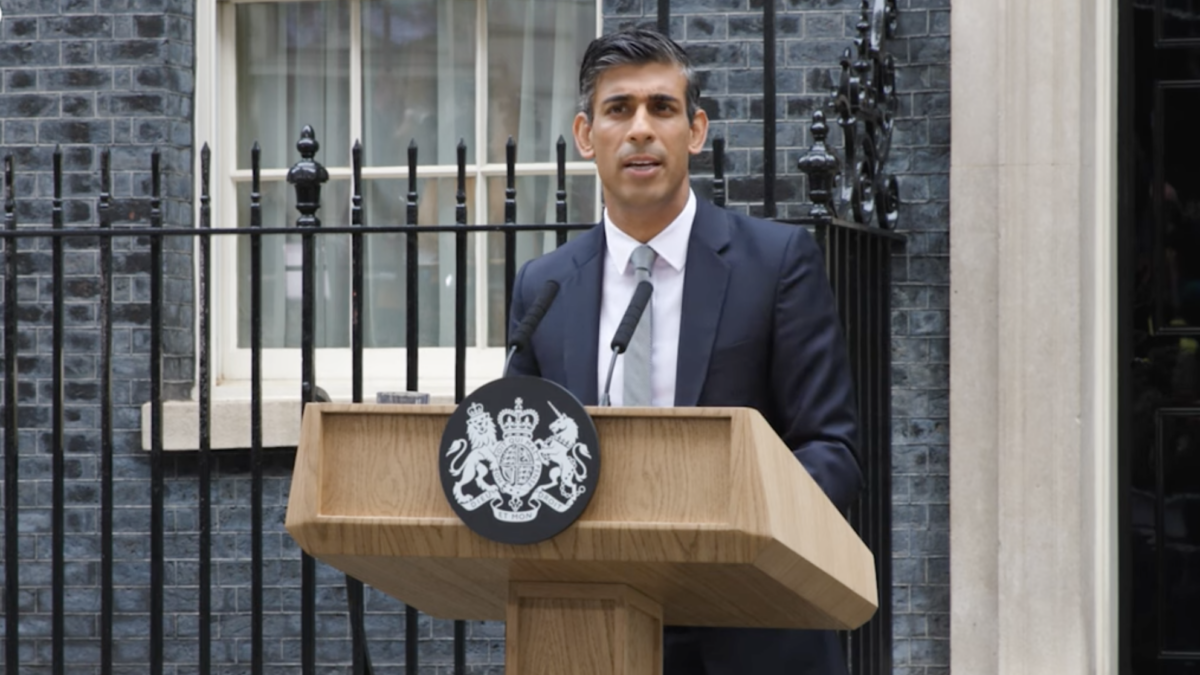The story of a baker in the North East of France who was fined €3,000 for working above the legal maximum is really everything you need to know about what’s wrong with the country. Restrictive labour regulations and resentment towards the most productive in society is what makes France a truly awful place for lovers of the free market.
Government-Mandated Breaks
The French village of Lusigny-sur-Barse (about 100 miles southwest of Paris) only has 2,000 inhabitants, and one single bakery. Cédric Vaivre is the owner of this small bakery, which he runs every day of the week, for the simple reason that he wouldn’t make a profit otherwise. The mayor of the city has asked the administration to have some “common sense” and the villagers have started a petition in support of their local baker (which according to themselves, all inhabitants have signed). Vaivre himself is upset and told a French radio station:
“We’ve got to stop ticking people off who work.”
But according to the law, this low-income baker is infringing on France’s regulation that mandates at least one day of rest per week. Vaivre had been discovered to be open every day, after working full time during the tourist season, when an increasing amount of people visit Lusigny-sur-Barse to go to the lake. With the town’s spare infrastructure, closing down the bakery for a day would hurt everyone.
Frederic Amiot, president of the Bakers and Pastrymakers Patron Federation of the region Aube told a newspaper, “We understand that Mr. Vaivre wants to work more during the tourist season to get by, but this decree applies to all bakeries.”
Ideology And Envy
This last quote is particularly stunning, because it comes from the association that is supposed to defend the interests of bakers, not that of the regulatory state. And this is why it is simultaneously so indicative of where French stands: The law is the law, no matter how ridiculous it is. The “day of rest” is indeed only one in a long list of labour regulations that burden the French economy. Also on that list are a 35-hour working week, extensive labour union rights (including on essential services like public transportation), 30 days “paid vacation” (which doesn’t include 10 bank holidays a year), and even the “right to ignore emails.”
France’s labour laws are religiously defended to the teeth, with hundreds of strike actions a year at the mere suggestion that reforms could be made. All the political candidates who you might have heard of, ranging from Macron, to Holland, Sarkozy or Le Pen — not one of them has made or intends to make substantial changes to France’s labour laws. The latter, known as the Code du travail (“Labour Code”), is a legislative monster that contains 11,000 articles. Just to try and give some perspective: 18 articles in France’s Labour Code deal merely with regulation surrounding ladders.
The ideology behind this madness is the acquis social (“social acquisition”). According to this mindset, all these “protections” were won by trade unions against the power of exploitative corporations, and are therefore non-negotiable. As soon as they are voted into law, the become social acquisition and must therefore be just. After all, who would be against social rights?
The ideology of this regulatory avalanche is envy. France goes beyond Rousseau’s “social contract” in which you bear responsibility as a citizen in a civilised state, because it is uniquely suspicious of wealth. Thomas Piketty, the French economist who wrote the bestseller “Capital in the Twenty-First Century,” and advisor to French socialist politicians, believes that inequality is the number one problem of the world economy. This drives the mentality of “if my neighbour has more than me, he must have taken something from me.” After all, we can put up the likelihood that French labour inspectors decided to investigate the case of a bakery of a 2,000 inhabitants town in a 65 million inhabitant country, up against the possibility that Cédric Vaivre was reported by one of the villagers themselves.
More Bakers Are Going To Become Victims
France’s Tax Freedom Day (2017) is July 29, meaning that the République is the European state in which you work the longest period time of the year for the tax collection of the government. France’s effective corporate income tax rate is, with 33.3 percent, the highest on the continent. Former president François Hollande only dropped a 75 percent tax rich people after there were fears of considerable capital flight.
France isn’t just not attractive for foreign investors, it’s not attractive for its own people. The sad truth is that Cédric Vaivre won’t be the last victim of this ridiculously interventionist socialist country.









